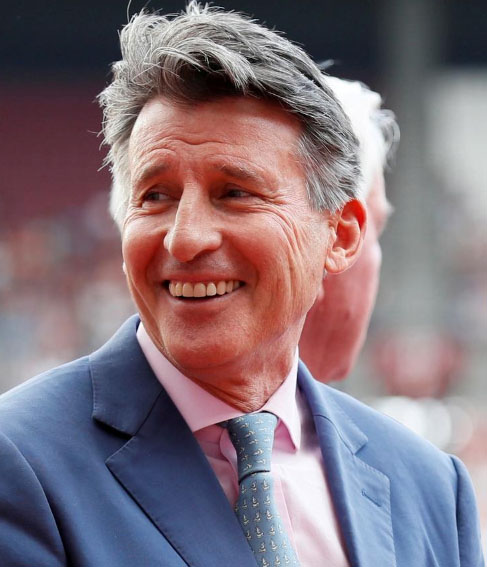MOSCOW (Reuters) – The Russian athletics federation has been fined $10 million for breaching anti-doping rules and a maximum of 10 Russian track and field athletes will be allowed to compete at the Tokyo Olympics as neutrals, World Athletics said yesterday.
Russia’s athletics federation was suspended in 2015 after a report commissioned by the World Anti-Doping Agency (WADA) found evidence of mass doping among track and field athletes in the country.
Yet some of its officials and senior coaches have since then been involved in doping scandals, undermining the country’s efforts to have the ban lifted.
World Athletics, the sport’s global governing body, said yesterday it was limiting to 10 the number of Russians who could be eligible to compete in track and field as neutrals at this year’s Tokyo Olympics.
It also reinstated the process by which Russian athletes can apply to compete internationally as neutrals after demonstrating that they train in a doping-free environment.
That vetting process will be suspended again if Russia fails to pay half of the $10 million fine by July 1, World Athletics said.
“We have achieved the main thing: the possibility for Russian track and field athletes to compete internationally,” said Yevgeny Yurchenko, the president of Russia’s athletics federation who was appointed last month.
He added that the federation would make efforts to ensure the fine is paid on time to avoid having the process suspended again.
World Athletics stopped clearing Russians to compete internationally in November last year.
That decision came in response to the provisional suspension of the federation’s president at the time, Dmitry Shlyakhtin, and six other people for having provided false explanations and forged documents to justify missed doping tests by high jumper Danil Lysenko.
World Athletics President Sebastian Coe said the body’s council had felt “severely let down” by the federation’s previous administration and that it had now approved new criteria for its reinstatement, including additional oversight by international experts based in Russia.
Rune Andersen, chairman of the task force overseeing Russia’s reinstatement efforts, said the limit of 10 Russians in Tokyo had “been discussed in light of what is needed to change the culture” of Russian athletics.
“There were 28 Authorised Neutral Athletes (ANA) in Doha,” he said, referring to the world championships held in Qatar last year. “We were trying to find a figure which might trigger change.”
In recent months Russia has stepped up its efforts to have its athletes cleared to compete internationally, including the appointment of a new federation president and the resignation of its executive committee.
Russia is also in the process of appealing a four-year ban from competing under its flag in many sports at major international events as punishment for having provided WADA with doctored laboratory data.
The Lausanne-based Court of Arbitration for Sport (CAS) has said the appeal will not be heard before late April and will be closed to the public.










